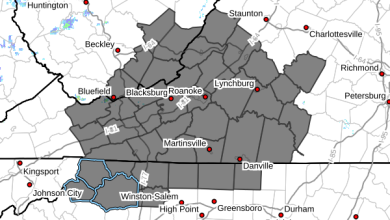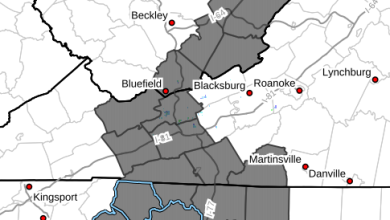Last Updated on October 12, 2017 4:24 pm
Raleigh – Many teens today are using vapors instead of smoking cigarettes, according to Israel Morrow, an assistant special agent in charge for Alcohol Law Enforcement who oversees the state’s tobacco program.
“Vapor juice infused with marijuana is appealing to teens who get a euphoric high from ingesting the vapors,” Morrow said.
Also, candy made with CBD (Cannabidiol) is being sold along with e-cigarettes at vape shops and some convenience stores. The packaging may claim, “No THC,” (Tetrahydrocannabinol), but ALE special agents have taken samples to the North Carolina crime lab for testing and chemists have found THC regardless of the advertising.
Foods, candy and a wax substance similar to Butane Hash Oil (BHO) mimic marijuana and are being marketed as a dietary supplement containing CBD. When a CBD liquid or CBD wax content is heated and used inside a vapor, the product intensifies the “high” and the smell is almost undetectable.
One convenience store owner in Pitt County said that school kids are beating a path to his door every day during school hours for vapors, and the CBD candy is flying off his shelves. The Food and Drug Administration does not regulate e-cigarettes or CBD candy.
Lollipops come in orange, lemon, black cherry, caramel and other flavors and cost about $5 each. One advertisement says, “You’ll be happily floating throughout your day,” and another claims, “They look like traditional lollipops and no one will know the difference.”
Morrow cautions, “With Halloween approaching, parents should be aware of the CBD-laced lollipops, hard candy and gummy bears and keep them out of the hands of young children. School kids inhaling toxic vapors is new to North Carolina and gaining popularity. We just don’t know what these kids are ingesting.”
You-tube videos show teens inhaling vapors in classrooms, undetected by their teachers. Morrow said a Halifax student was hospitalized after smoking a marijuana-infused vape.
Teens can easily make a home-made pipe using soda cans, key chains, highlighters, or anything cylindrical to camouflage the vaping device.
“We want law enforcement, teachers and parents to be aware of this,” Morrow said. “If you see something out of the norm, report it back to us so we know what we’re dealing with.
“The State Crime Lab has been fantastic in helping us test some of these products.”
North Carolina law (GS 14-313), makes it illegal for anyone under the age of 18 to use tobacco or any noncombustible product that contains nicotine, whether chewed, absorbed, dissolved or ingested. The law also applies to “vapor products that can be used to heat a liquid nicotine solution contained in a vapor cartridge.”
The law’s intent is to protect teens from nicotine addiction which the U.S. Surgeon General says is a gateway to alcohol and drugs, and that developing teen brains are more susceptible to addiction, mood disorders and lower impulse control.
The Centers for Disease Control and Prevention states that nearly all tobacco use begins during youth and young adulthood and that it is the leading cause of preventable disease and death in the United States. The 2017 CDCP report shows a decline in cigarette smoking among teens.
















